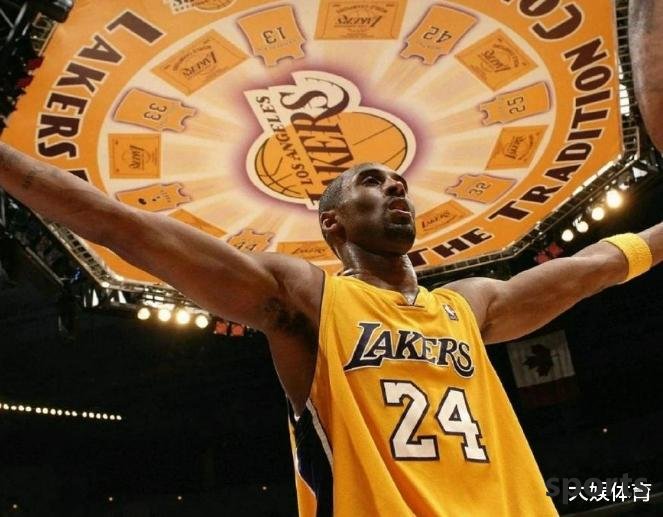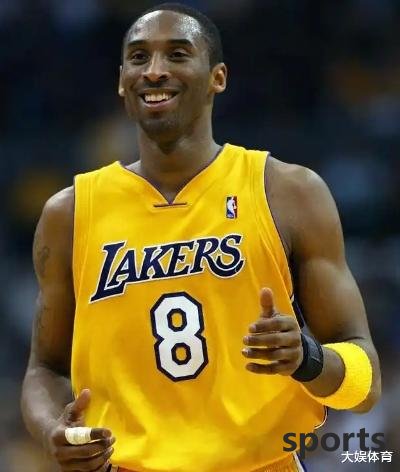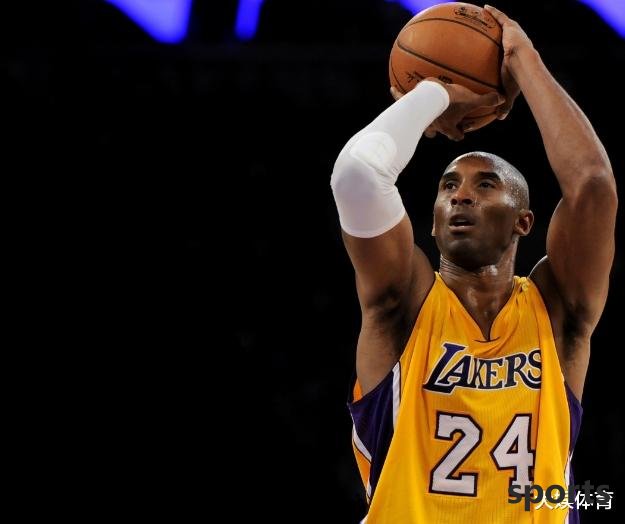Why did the US media rank Kobe after Curry in the historical ranking? Kobe has retired
On July 17, in the discussion of NBA's historical status, the comparison between Kobe Bryant and Stephen Curry has always been the focus of hot discussion among fans and the media. In recent years, some American media have placed Curry's historical ranking ahead of Kobe, a phenomenon that has caused widespread controversy. To understand the logic of this ranking, it is necessary to analyze it from multiple dimensions, including personal honors, influence of the times, revolutionary style of the competition, and the continuity of career. First of all, from the perspective of personal honors, both Kobe and Curry have achieved brilliant achievements. Kobe won 5 championships in his career, 2 Finals MVPs (FMVPs), 1 regular season MVP, 18 All-Stars, 15 Best Team (11 Teams), and 12 Best Teams (9 One Defense). Curry's honor book records 4 championships, 1 FMVP, 2 regular season MVPs, 9 All-Stars, 8 Best Teams (4 First Teams). At the same time, he is also the leader in the history of three-pointers and set a record of 402 three-pointers in a single season. In terms of quantity, Kobe has more championships and best teams, but Curry's number of MVPs and dominance in the three-point field add a lot of points. Especially in the 2015-2016 season, Curry led the Warriors to a historical best regular season record of 73 wins and 9 losses as an unanimous MVP, which is of great value. Secondly, the influence of the two on the competition style is an important consideration for media ranking. Kobe is the culmination of traditional shooting guards, and his technical comprehensiveness, game willpower and key ball ability are regarded as benchmarks. However, Curry represents a revolutionary change in basketball. With his extraordinary three-point shooting ability, he completely changed the tactical system of modern basketball, and "Ku has gravity" has become a research topic for various teams in the league. The Warriors' "small ball lineup" and "death five little ones" swept the league under the leadership of Curry, and even affected all levels from youth basketball to professional leagues. This fundamental change to the game is a factor that the media attaches great importance to in their historical rankings. From the perspective of team achievements, Kobe and Curry are both the core of the dynasty team. The "OK combination" composed of Kobe and O'Neal achieved three consecutive championships, and then joined forces with Gasol to win two championships. Curry formed the "Warriors Iron Triangle" with Klay Thompson and Draymond Green, and after Durant joined, he created the "Cosmic Brave", winning the championship three times in four years. Although Curry's team was more concentrated in its peak period, Kobe's five championships spanned two completely different eras and showed stronger adaptability. It is worth noting that Curry's four championships as the absolute core of the team (especially leading the team to win the single-core championship in 2022) have added an important weight to his historical status. The sustainability of careers is also a key point in ranking controversy. Kobe's condition declined significantly after ruptured the Achilles tendon at the age of 34, while Curry was still at the peak in 2025. At the age of 37, he was still able to contribute 26+5+6 per game per game last season and was selected into the best team. This persistence makes the media more inclined to believe Curry has a higher "career value". But opposing views point out that Kobe's loyalty to playing for the same team for 20 years and his technological transformation (from squeezing to back-to-back masters) have also been rare traits in history. The popularity of data analysis has also affected modern ranking logic. Curry's high-level data (such as PER, WS, BPM, etc.) are generally better than Kobe, especially his shooting efficiency at the "180 Club" level is in sharp contrast with Kobe's scoring method that focuses on middle distance. This has become Curry's advantage in a modern basketball analysis system that emphasizes efficiency. But Kobe's defensive ability (9 defenses) and key ball data (such as the number of final scores in the playoffs) are areas that Curry cannot reach. In terms of cultural influence, Kobe's "Mamba spirit" transcends the scope of sports and becomes a philosophy that inspires people in various industries; while Curry changes people's perception of the body conditions of basketball players with his image of "subverting traditions". Both have their own merits, but Curry's influence is more focused on the technical and tactical level of basketball, which may make some media think that its contribution is more "pure". In the future trend, Curry's ranking may improve. If he can win another championship or achieve the "3000 three-point" milestone, his historical status will be more stable. Although Kobe's legacy has been frozen, people's evaluation of his technical comprehensiveness and game temperament may further improve over time. To sum up, the US media ranked Curry before Kobe based on the comprehensive consideration of the contribution to game change, efficiency first, and career sustainability. This ranking reflects the media's preference for "game-changing" players rather than a denial of traditional greatness. The two superstars belong to different eras, and their comparison is already subjective. True basketball wisdom may be to appreciate their unique greatness, rather than obsessing with the order of numbers. 


- Recent Posts
-
- US media: Rockets can sign bac
- Top 10 NBA historical total sa
- This season, three veterans wh
- Can your partner McGrady win t
- The Warriors old player retur
- The top 10 lost a lot of water
- Team Note: The Celtics tend to
- Rivers rated the top five scor
- Three-pointers are no longer t
- Shepard withdrew from Summer U
- Hot Posts
-
- Yang Hansen tried out the Warr
- How strong is the strongest hi
- Looking forward! 2025-2026 NBA
- NBA rumor: Kevin Durant believ
- Anthony is rated as the strong
- Data analysis: Pacers 2-1 Thun
- Yang Hansen s rookie contract
- Replica Legend, Thunder Alexan
- NBA Summer United: Yang Hansen
- Magic vs. Free throws: Hallibu
- Durant is destined to join the
- There are good and bad! Team m
- Which NBA team is more suitabl
- NBA character Alexander: The T
- Behind SGA’s Give Up 100 milli
- Hit 10+4+5+3! Yang Hansen made
- After Westbrook jumped out of
- The NBA playoff division final
- After Bill reached a buyout, t
- 2025 Rookie Observation (20):
- search
-
- Links
-
